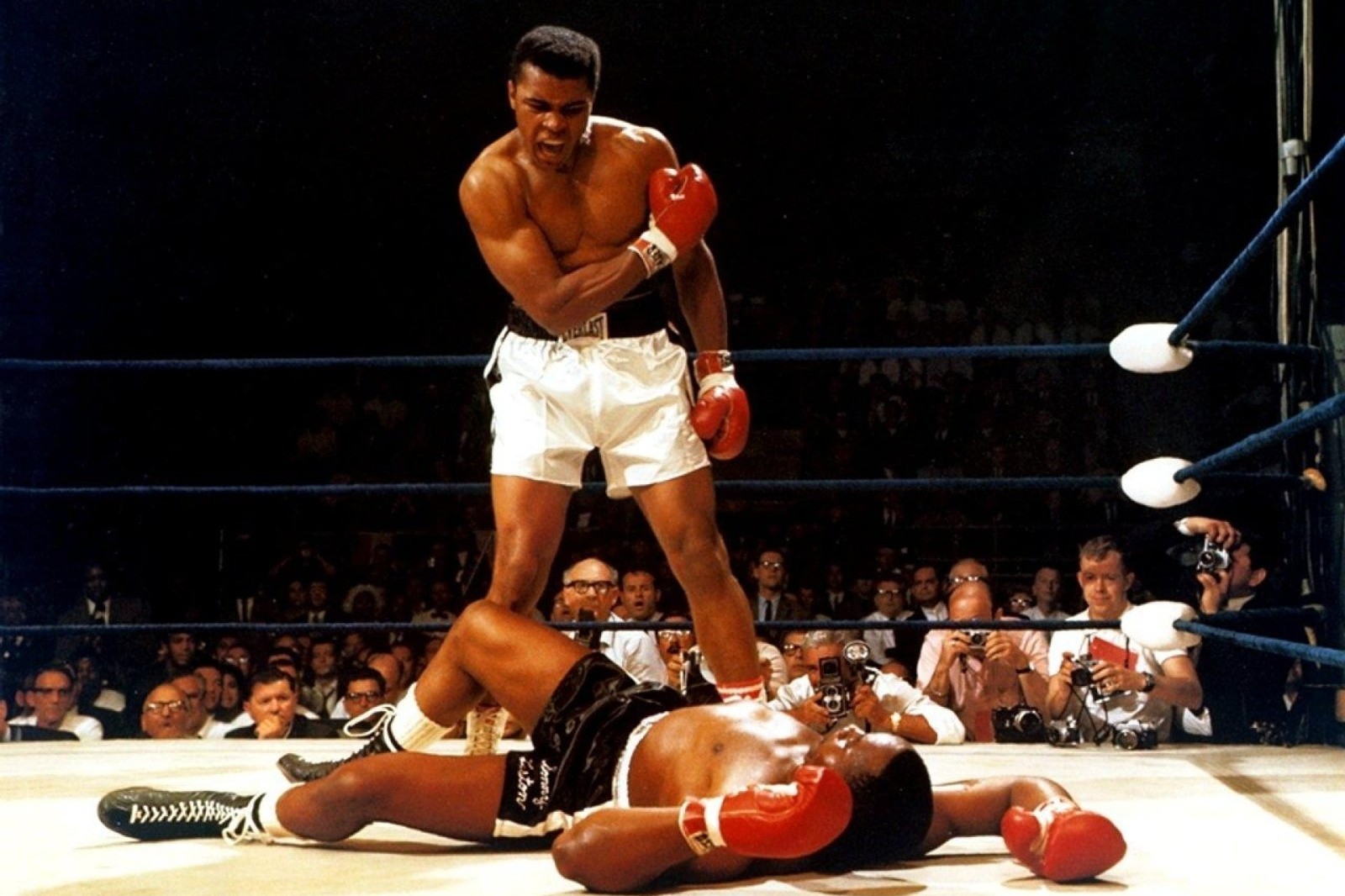Muhammad Ali, born Cassius Marcellus Clay Jr. on January 17, 1942, was not only one of the most celebrated athletes in history but also a profound cultural and social icon whose influence transcended the boxing ring, Idman.biz reports.
Ali’s career is a remarkable testament to the power of sports as a tool for societal change, and his legacy offers valuable lessons in resilience, self-belief, activism, and the pursuit of justice, Idman.biz reports.
Rise of a champion
Ali’s boxing career began with a rapid ascent. At just 18 years old, he won a gold medal at the 1960 Summer Olympics, showcasing a level of speed, power, and technique that was unprecedented. His fighting style, which he famously described as "float like a butterfly, sting like a bee," set him apart from his contemporaries, combining agility with an unmatched ability to anticipate and outmaneuver opponents. This unique style, paired with his self-confidence, made him a force to be reckoned with.
Ali's bold personality and unmatched skill turned him into a global sports icon. He became the World Heavyweight Champion at 22, and his rivalry with Sonny Liston was one of the defining moments in boxing history. But it wasn’t just his athleticism that made him unforgettable—it was his ability to captivate and challenge the public’s perceptions of race, religion, and politics.
Ali’s impact on society
What truly set Ali apart was his role as a social and political figure. In the 1960s, at the height of his career, Ali converted to Islam and changed his name, signaling a break from the status quo. His refusal to be drafted into the Vietnam War due to his religious beliefs and his stance on racial inequality set him at odds with the mainstream media and government, but it also elevated him as a symbol of resistance and empowerment for marginalized communities.
Ali famously stated, “I ain’t got no quarrel with them Viet Cong.” His decision to refuse military service was controversial, leading to his suspension from boxing and stripping him of his title. Yet, this move resonated deeply with those who saw him not only as a boxer but as a man of conviction. His defiance became a rallying cry for civil rights movements and anti-war protests, positioning him as an athlete who used his platform for something greater than personal glory.
Ali’s role as a cultural icon
While Ali's professional achievements were legendary, his influence extended far beyond boxing. He became a central figure in the cultural landscape of the 20th century. His outspokenness, his poetic trash talk, and his unapologetic stance on issues of race and politics made him a source of inspiration for activists, artists, and athletes alike. Ali redefined the role of athletes in political discourse, showing that they could be both competitors and cultural leaders.
Ali’s journey intersected with significant moments in history, including the Civil Rights Movement, the Black Power Movement, and the fight for African American equality. His relationship with figures like Malcolm X and his support of the Nation of Islam contributed to a greater conversation about race, identity, and justice in America and around the world.
Legacy of Muhammad Ali
Ali's legacy is multi-faceted. He was not only a champion in the ring but a revolutionary in his approach to activism, race relations, and the role of athletes in public life. His ability to combine sports with social change reshaped the image of athletes from entertainers to activists, showing that their voices had the power to influence and challenge the dominant narratives of their time.
Beyond his athletic feats, Ali’s greatest contribution was his courage to stand up for what he believed in, regardless of the consequences. He endured personal and professional setbacks, including the loss of his boxing titles and a lengthy suspension, but his resilience and determination to return to the sport exemplified his unyielding spirit. Ali’s ability to overcome adversity, particularly in the face of public scrutiny, solidified him as a global symbol of perseverance.
Furthermore, Ali’s impact was not limited to his lifetime. His charitable work, his involvement in humanitarian causes, and his role as a mentor to future generations of athletes and activists ensure that his influence continues to be felt.
Muhammad Ali’s career cannot be understood solely through the lens of boxing. He was a trailblazer, an activist, and a cultural figure whose actions and words continue to inspire millions. His refusal to conform, his unwavering belief in himself, and his commitment to justice have solidified his place not just in the history of sports but in the history of social movements around the world. Today, as we reflect on his legacy, we are reminded that true greatness lies not just in one’s ability to succeed but in one’s willingness to challenge the world around them and fight for a better future. Ali’s life and career will forever serve as a beacon of hope, determination, and the unshakable belief that one person truly can change the world.
Aysel Mammadzada
Idman.biz












